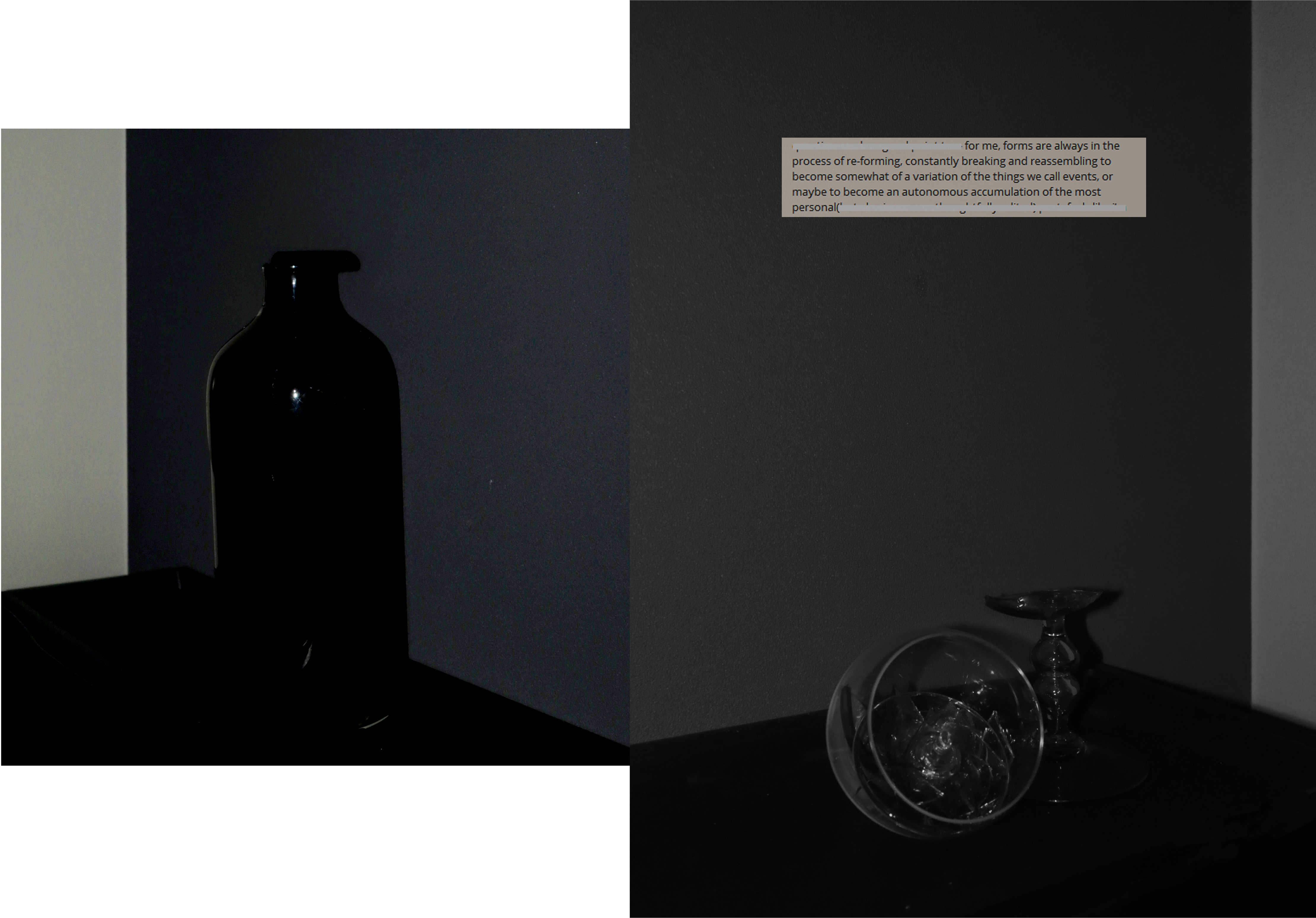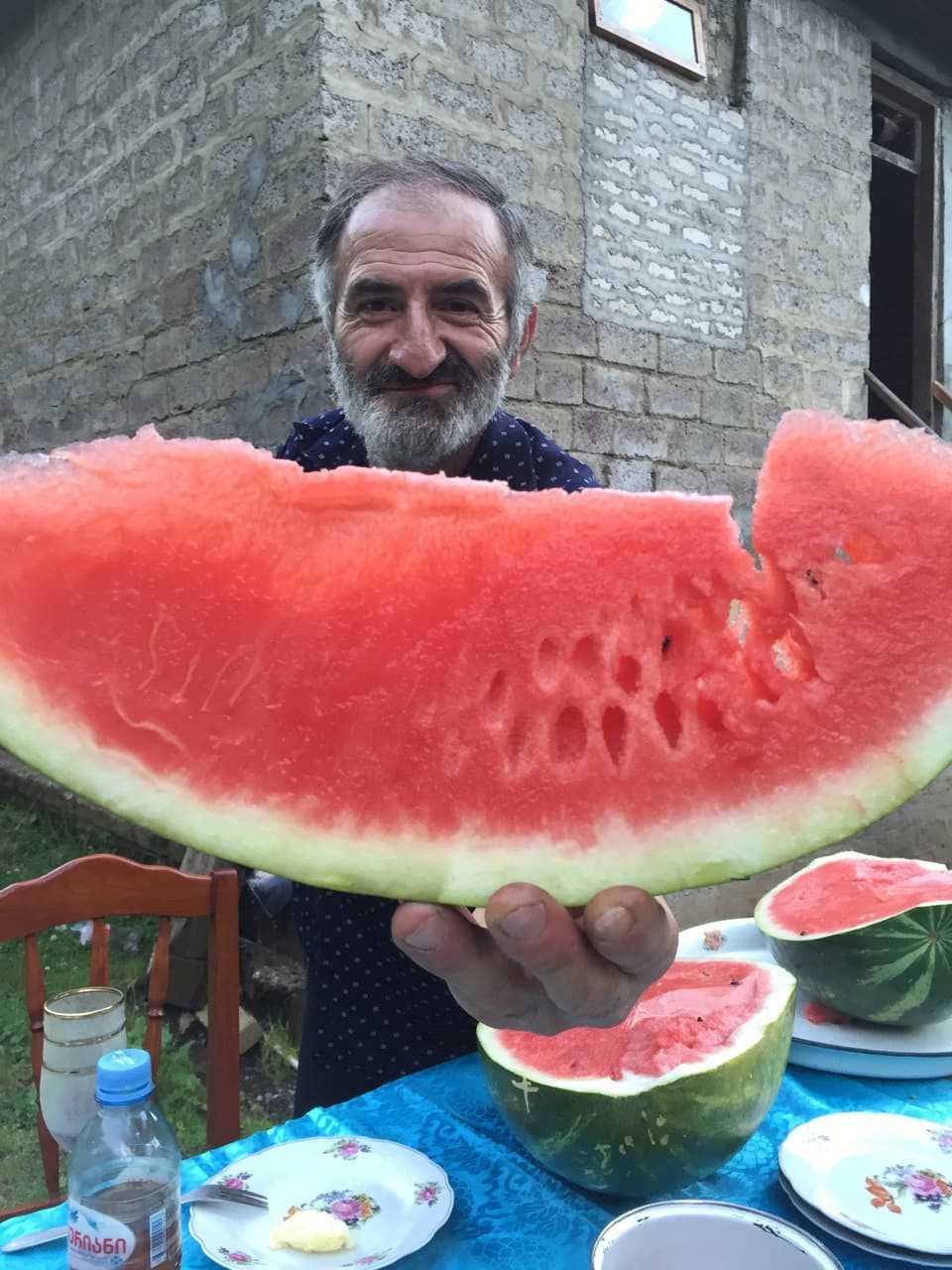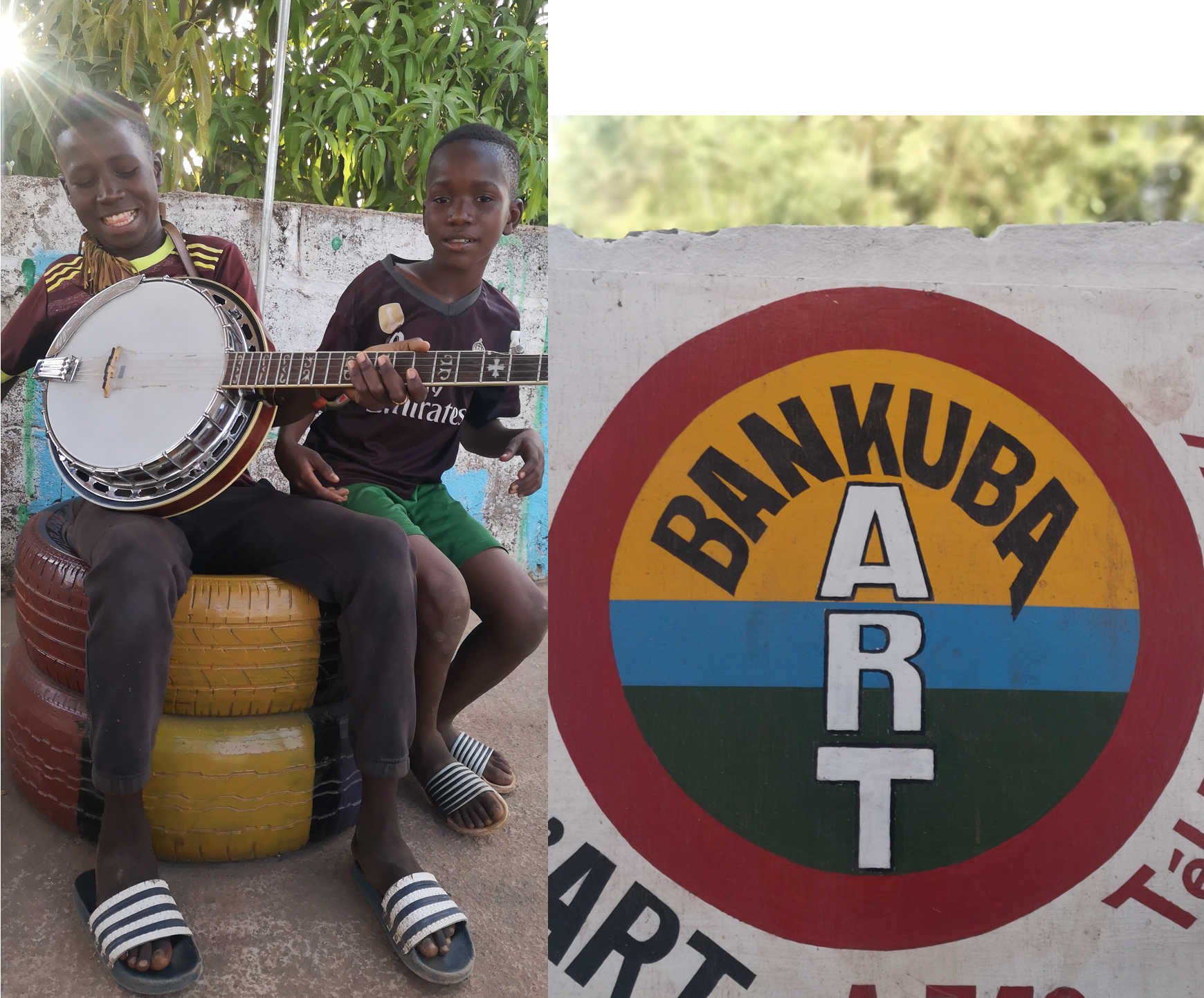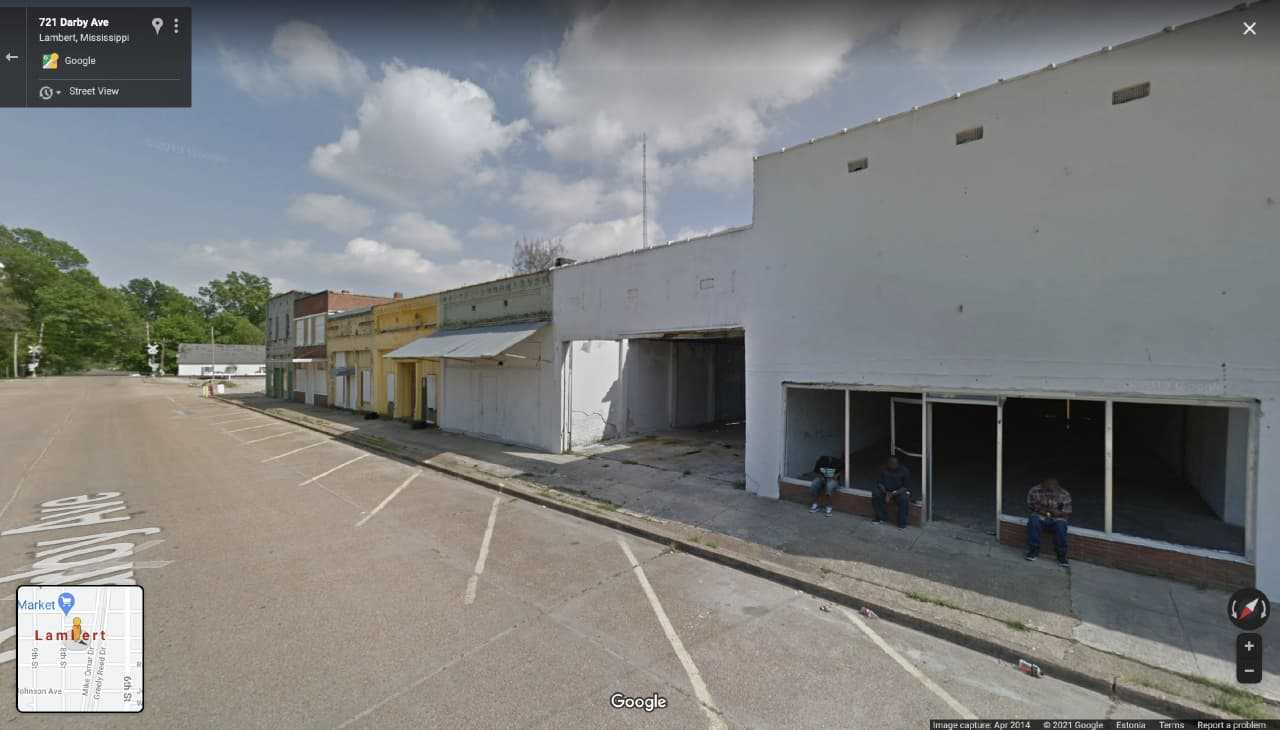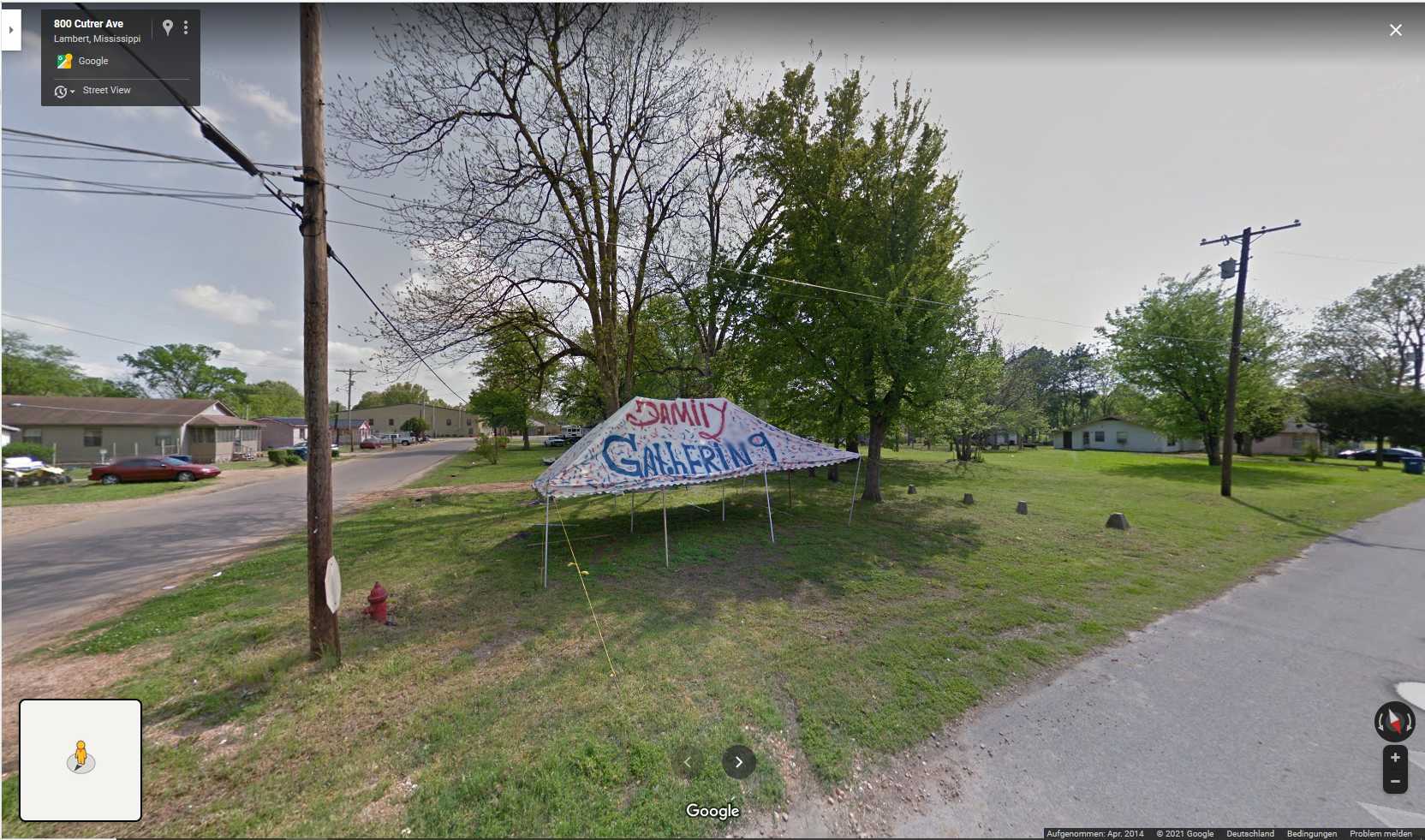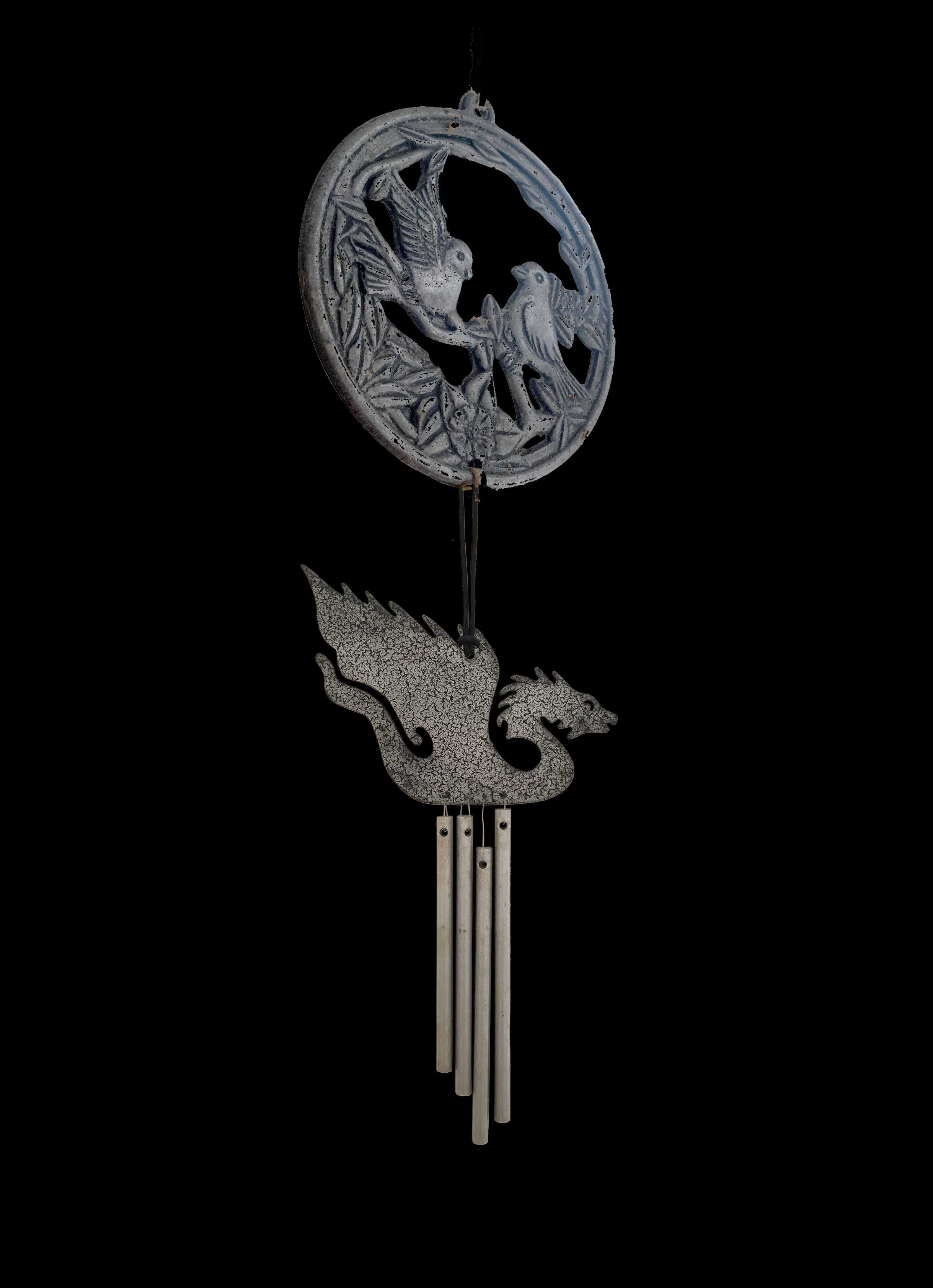February Chronicle by Michael Fisher (feat. Hannah Jones, Hubert Gromny, Morena Buser, Miyoung Chang, René Landspersky, João Polido Gomes).
What if the form needs to be shattered to become itself?
Text by Michael Fischer
With contributions by Hannah Jones, Hubert Gromny, Morena Buser, Miyoung Chang, René Landspersky, João Polido Gomes
~~~~~~~~~~~~~~~~~~~~~~~~~~~~~~~~~~~~~~~~~~~~~~~~~~~~~~~~~~~
장미영
"Images of broken glasses, a mixture of care and carelessness, a rough mixture of hospitality and unintended hostility. All ended up shattered but none I could throw away."
*********************************************************************************************
~~~~~~~~~~~~~~~~~~~~~~~~~~~~~~~~~~~~~~~~~~~~~~~~~~~~~~~~~~~
Rumors say, Roman Emperor Julius Caesar burnt down the Ancient Library of Alexandria, after Cleopatra rejected him. The rejection part is very likely made up. Nowadays historians believe Caesar destroyed the library by accident. However, the image of an emperor crushing the most well known and most influential institutions of education and knowledge at that specific period makes it very easy to draw a connection towards other historical events like the Kristallnacht, the antisemitic pogrom in which German Nazis publicly burnt giant piles of books or to ISIS demolishing ancient ruins and cities in the recent past.
The library is an archive for books, books are archives of knowledge and stories, ruins of ancient cities are archives of human past. Memory is fragile and so is the very existence of human beings. How easily can their struggles as well as their stories be forgotten and their identity erased? The idea of the archive has been important from the very beginning of ReSituating and ReCalibrating Hostipitality. For example, when in one of our first meetings Sophie de Serière brought The Carrier Bag Theory of Fiction to the table. According to this theory human survival was rather secured by technologies of care and the ability to carry on (knowledge) than hunting and killing to stay alive.
~~~~~~~~~~~~~~~~~~~~~~~~~~~~~~~~~~~~~~~~~~~~~~~~~~~~~~~~~~~
Watermelon, the most democratic fruit. It is big and round, watery and sweet. Here, Giorgi gives me a slice of his garden grown piece while I was living in Georgia.
Have you ever thought about how do share a watermelon?
*********************************************************************************************
~~~~~~~~~~~~~~~~~~~~~~~~~~~~~~~~~~~~~~~~~~~~~~~~~~~~~~~~~~~
Modernity has appropriated and drastically shifted our abilities to care and to carry on. About whom does capitalism care other than it’s own growth? How does its logic shape the places and spaces of our individual as well as our collective memory and identity? From historical sites, to museums and YouTube: in these modern archives the preservation of knowledge always appears accompanied by its commodification. Furthermore, postfactual policies forge knowledge globally like a good sold to and generated by people’s fears. Denying unmissable realities, modern society acts ignorant towards ancient traditions of knowledge and care, overlooking that many human and non human inhabitants of this planet are constantly discriminated in a world that values the benefits of a few over everyone else.
Thinking about the actual planetary crisis one of the most powerful images of christian mythology comes to my mind: Noah’s ark – an archive of planetary beings. On the one hand a new beginning, a restart, on the other hand only a minority of humans will be saved. Who and what are we eager to save? Which human and non-human being can fit into the ark for the next thousand years? Such an important, yet so difficult question might rather paralyze than mobilize the creative body and mind.
While approaching the archive as a colonial tool of governance, this chronicle happily introduces an Archive of Hospitality bringing personal objects of embodied memories and feelings to the table by different students which are related to the topic of our COOP. Things that protect us and might even define us, but are more or less useless to any other beings. Returning to the question posed before in a more personal way: What do we carry with us? How do we carry on? How do we move forward? What do we want to keep and what do we want to leave behind?
~~~~~~~~~~~~~~~~~~~~~~~~~~~~~~~~~~~~~~~~~~~~~~~~~~~~~~~~~~~
"I work now by heart, the consciousness of the head, with the memory. Because I can imagine something immediately in the head I move here, I go there, I draw. I draw that or I do sculpture so in general, I don't draw flat like that, but I draw in relief." (from an interview with the Senegalese artist Saliou Diop)
When I arrived in the lobby of Hotel Saint Louis in Dakar its night-portiere Boubacar warmly welcomed me. He immediately saw that I play music and asked which instrument was hidden in this bulky case. After I showed him my Banjo, the tall man with an incredible soft voice mentioned that he once sang choir for world renowned Senegalese singer Youssou N'Dour.
~~~~~~~~~~~~~~~~~~~~~~~~~~~~~~~~~~~~~~~~~~~~~~~~~~~~~~~~~~~
*********************************************************************************************
In the case of the Ancient Library of Alexandria, the rumor has eventually contributed to the iconic status it enjoys in Western academia, on the one hand representing the wet dream of scholars and on the other hand the founding place of modern knowledge and thus of modernity itself. More than any other public sphere libraries are based on their archival character and related to a culture built upon a written rather than an oral tradition of knowledge transfer. Further archives operate by organizing, preserving, and providing access to information and materials.
It’s impossible to imagine the Rise of Western Civilization and Imperialism without the existence of archives as institutions or organizational units which store materials and records, make them usable and preserve them for an unlimited period of time. Archives played an immense part in the creation of the Roman Empire, serving as the backbone of their administrative apparatus which ensured their successful long-term governance. Imperial bureaucracy and free economy were two very important pillars for the British Empire and others Nations involved in Colonialism. Looking at this ‘modern’ constitution of archives unfolds a nexus between knowledge, power and governance in the Western Civilization that is strongly related to Colonialism. As Jason W. Moore notes in his explorations on the concept of the Capitalocene: “[T]he first thing every great European empire set about doing was not merely ‘exploring’, but mapping and cataloguing the globe as a potential storehouse of wealth.”
~~~~~~~~~~~~~~~~~~~~~~~~~~~~~~~~~~~~~~~~~~~~~~~~~~~~~~~~~~~
Crossing through rural Mississippi by Amtrak with a couple of close friends, our train broke down amid green fields. Without air conditioning, temperatures in the metal cars quickly rose above 100°F. A local bus eventually came to our aid and shuttled the passengers to a school gymnasium usually used for hurricane relief. Rather than wait in the shelter, my companions and I took to the heat. We began exploring desolate remains of the vicinity, abandoned storefronts and weathered artifacts set to a chorus of insects.
We had landed in Lambert, a small town south of Memphis with a declining population of less than 1,500. The first people we encountered were sitting in their lawn around a barbecue. The family welcomed us without hesitation and wanted to know everything about the situation with the train, our journey and our lives. They offered us fried chicken in addition to what they were smoking and took us inside for drinks. We accepted gratefully and were soon under the sun once more playing basketball with barefoot children. Forever imprinted in my memory will be their joyous mouths ringed with cherry Kool-Aid dust.
~~~~~~~~~~~~~~~~~~~~~~~~~~~~~~~~~~~~~~~~~~~~~~~~~~~~~~~~~~~
*********************************************************************************************
Eventually, the constitution of archives, libraries and academies in Europe is closely connected with the first theological and later philosophical justification of colonialism. Starting from the distinction between civilization and nature, the hegemonic idea was established that by nature “civilized” men are superior to any other human and non-human being. From the perspective of a decolonial critic the modern archive is a fundamental pillar of the epistemic center of colonial power and governance. It displays a specific Western notion according to which knowledge and power are synonymous, while certain knowledge is more valuable than other.
It’s not a surprise that French post-structuralist Michel Foucault, as a critic of governance, dedicates large parts of his book The Archeology of Knowlege on the examination and the conception of the archive. Foucault is not interested in the archive as a physical institution. He comes up with a rather abstract idea of the archive:
“[It] is the border of time that surrounds our presence, which overhangs it, and which indicates it in its otherness; it is that which, outside ourselves, delimits us.”
According to Foucault, the archive is no longer just a collection of documents to be preserved and interpreted, but a living self-sustaining system in which all the things spoken in cultures emerge as discourses which continue through an ongoing transformation of statements. The archive, Foucault has in his mind, grants us the ability to say what we say. It becomes only visible from a historical distance, when we are no longer capable of saying what we once said. Foucault points out that we are embodied knowledge and our selves and bodies are defined by discursive conditions, too close to be seen by us. We experience our identities as something that escapes our own understanding and control.
~~~~~~~~~~~~~~~~~~~~~~~~~~~~~~~~~~~~~~~~~~~~~~~~~~~~~~~~~~~
My grandparents, and then my mother must've picked up the habit, adorn the entrance to their home with a wind chime - either behind the front door or suspended nearby. The one photograph with the birds is theirs. The wind chime of the dragon is one I've had for as long as I can remember my childhood bedroom - hanging on the door inside of my closet. It's only been in recent years that I carry it with me whenever I'm moving or traveling somewhere for an extended period of time. It has also become a part of the music that I do, simultaneously an amulet and an instrument whenever there's a performance. In 2019 I released a CD-r with its image titled "FREE MUSIC / MÚSICA LIVRE", holding a live recording to the last show I had played up to that date, and that I would offer in hand to people whenever. https://polido.bandcamp.com/album/free-music-m-sica-livre
~~~~~~~~~~~~~~~~~~~~~~~~~~~~~~~~~~~~~~~~~~~~~~~~~~~~~~~~~~~
*********************************************************************************************
Foucault's critique opens a perspective on the archive that looks beyond its modern form. There is no library of libraries, as there is no knowledge above any other knowledge and there is more than only one world order. There are many forms life can take and many ways how an archive could be thought and imagined. Despite its purpose as a tool of hegemonic governance, it may also function as supportive instruments of resistance against this power structure. Archives can help to undo the historical erasure that has been cast upon the bodies of people and the planet through colonial and patriarchal order.
In February, ReSituating and ReCalibrating Hostipitality dealt with questions concerning the very idea of the image and the archive. With Abhishek Nilamber from Savvy, who hosted our Saturday session, we asked in the beginning: How do we produce images? How do we disseminate images? How do we process images? These questions led us inevitable to the idea of the archive and how it enables collective struggles against discrimination such as in Herstory of East-Asia. An archive, brought up by Miyoung Chang, which was created to remember Korean woman and daughters that were erased from the tombstone, because they “cannot” continue the family tradition. A tradition through which the stories of female humans are literally erased. The initiators describe their project as follows:
“We want to show ‘herstory’ in East Asia from local perspectives with a timeline and a map in our local languages, so that people from different regions of East Asia can learn more about the stories and rights women and LGBETQ+ have fought for.”
~~~~~~~~~~~~~~~~~~~~~~~~~~~~~~~~~~~~~~~~~~~~~~~~~~~~~~~~~~~
After moving I suffered from insomnia. One night I was desperate to sleep. I turned on the radio, I heard this song.
"beddy-bye, my love, goodnight, even wind sleeps in trees, the day tired you, what you desire soon will be, goodnight, dreams can give so much, the better day will wake you, your new dream has a gift for you, oceans, lands and light fires, far, far, beddy-bye, my love, goodnight, many roads await you, roads good and bad, somewhere in the forest of dreams, with you, I will be, in the forest of fairytales, now sleep, beddy-bye, my love, goodnight, songs of birds quieten, now sleep, goodnight"
~~~~~~~~~~~~~~~~~~~~~~~~~~~~~~~~~~~~~~~~~~~~~~~~~~~~~~~~~~~
*********************************************************************************************
Thinking the archive in relation to the topic of Hostipitality, our COOP came up with several ideas and definitions of the archive as a re/source, base of knowledge, empowerment and protection and least but not last as a carrier bag through which we encounter our own identity and memory. What comes to my mind here is that our human bodies are not only living archives but that the archive in its core stresses a relationship and constant exchange between the material and immaterial through which our world constitutes itself. A suitable example for this consideration would be the cemetery, the concept of which we discussed in how far it differs depending on the cultural concept. While it is on the one hand the resting place for remanent bodies and our spirits, on the other hand it serves as a place to mourn and visit the dead. However, life cannot be preserved indefinitely. The desire to overcome death is another common hubris of capitalism culture. Nature is finite, but transformative. But what if death in the sense of resting in peace is forbidden and permanently postponed? Eventually Mayar Alexani questioned if the spirits of the dead bodies put on display in modern museums will ever be able to rest in peace.
Eventually, archives have always existed beyond western media and scientific methods in form of experience and knowledge through connection to land. Hubert Gromny referred to ‘immaterial’ archives in the way how Inuits have recognized the change of arctic snow over the last century, making once more clear that knowledge knows many different forms and traditions. The written knowledge production appears to be very dominant in the age of global capitalism. However, it’s not necessarily the most genuine tradition of human beings as the director of Touki Bouki – a Senegalese Film we watched together – Djibril Diop Mambéty states in an article that João Polido Gomes brought to our table: (https://www.criterion.com/current/posts/7309-touki-bouki-word-sound-and-power)
“Oral tradition is a tradition of images. What is said is stronger than what is written; the word addresses itself to the imagination, not the ear. Imagination creates the image ….”
Preserving knowledge is only one important function of an archive. Almost more relevant seems to me our ability to carry on knowledge, and how it is transformed on it’s path. Knowledge is not rigid but fluid like the stream of water passing endless numbers of places and people before reaching the ocean. Eventually it will find it’s way. Thinking of an Archive of Hospitality, I’d like to rest hopeful and come back to the question that initiated this COOP: “How can we deliberate upon, speak of and reconceptualize cultures of hospitality in such our era?” Creating different archives of hospitality as tools of care together could help to find, if no answers, then at least new perspectives.
Bibliography
Michel Foucault: The Archaeology of Knowledge
Jason W. Moore: The Capitalocene, Part I: on the nature and origins of our ecological crisis

